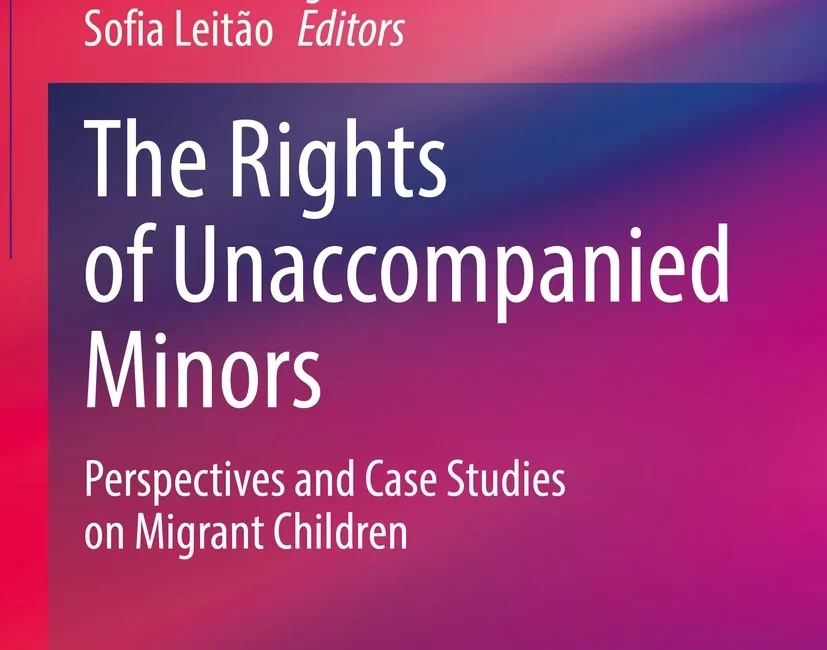
Refugees and Migrant Children in Europe
José Noronha Rodrigues
Abstract
The (in) visibility of unaccompanied minors migrants and refugees makes this topic particularly relevant in the European context. The specificities of this topic require a historical-social understanding of parenthood, the rights of the children, refugees and migrants, reflected in various international, European and national legal instruments, as well as the guiding principles of safeguarding the best interests of the child, currently an invisible victim to contemporary society. In this context, the United Nations Agenda 2030 seeks to affirm a balance between the various dimensions of Sustainable Development Goals (SDGs), integrating 17 objectives such as, for example: eradicating poverty and hunger and/or maintaining peace, justice and effective institutions. Similarly, the Global Pact on Migration calls on the International Community to imperatively safeguard children in transit and reinforces the right of migrants to be treated with dignity and justice, due to the unquestionable gains they bring to host societies. However, many of these instruments have been to draw inspiration from the sociology of childhood where children are not seen as objects of adult socialization but rather as subjects of the socialization process, so the living conditions and sociability that member states offer to children strongly influence their future as Men.
Rodrigues, J. N.. “Refugees and Migrant Children in Europe”. In The Rights of Unaccompanied Minors, edited by Joseph Zajda; Vissing, Yvonne, p. 87-129. Springer, Cham, 2021.


